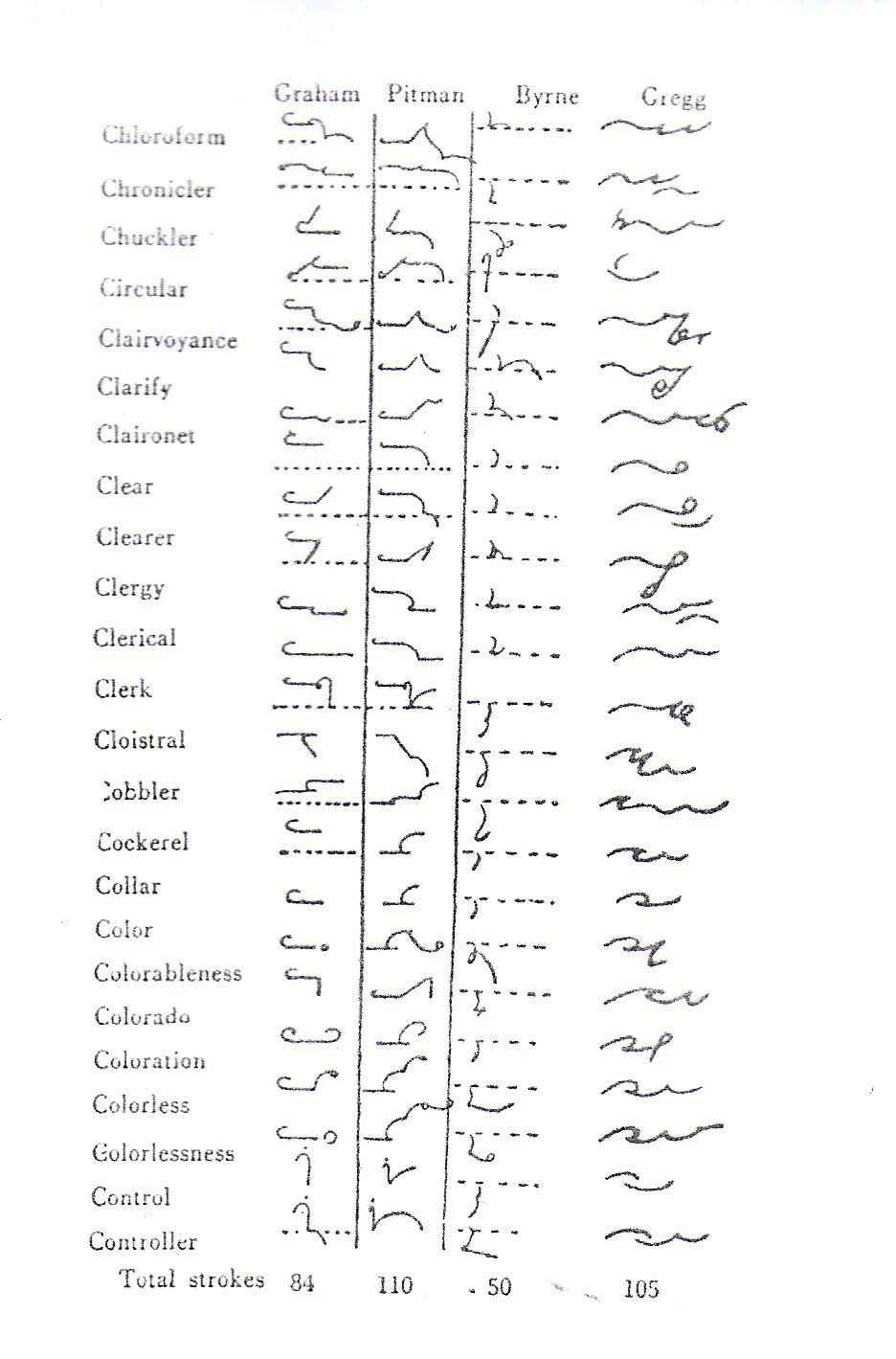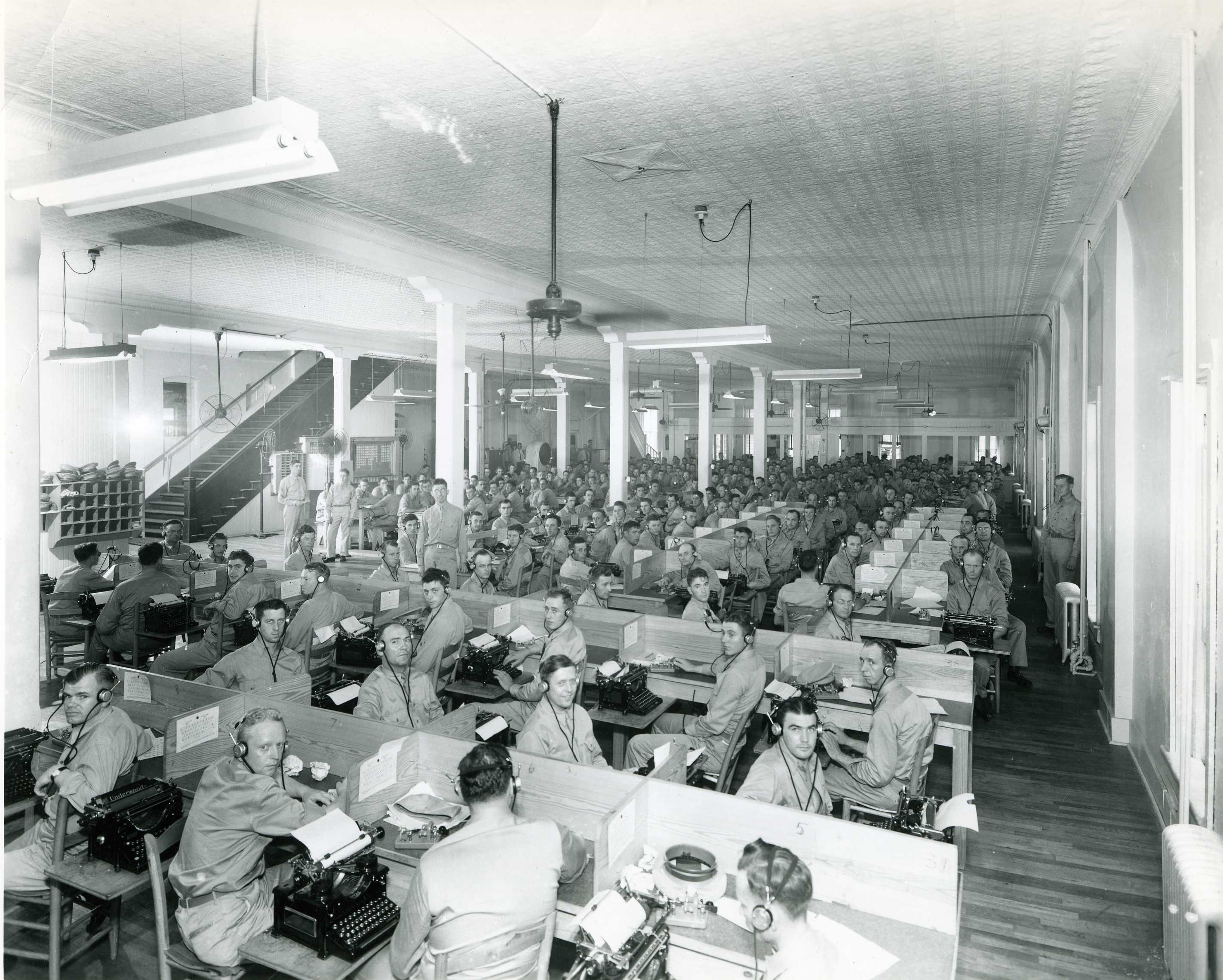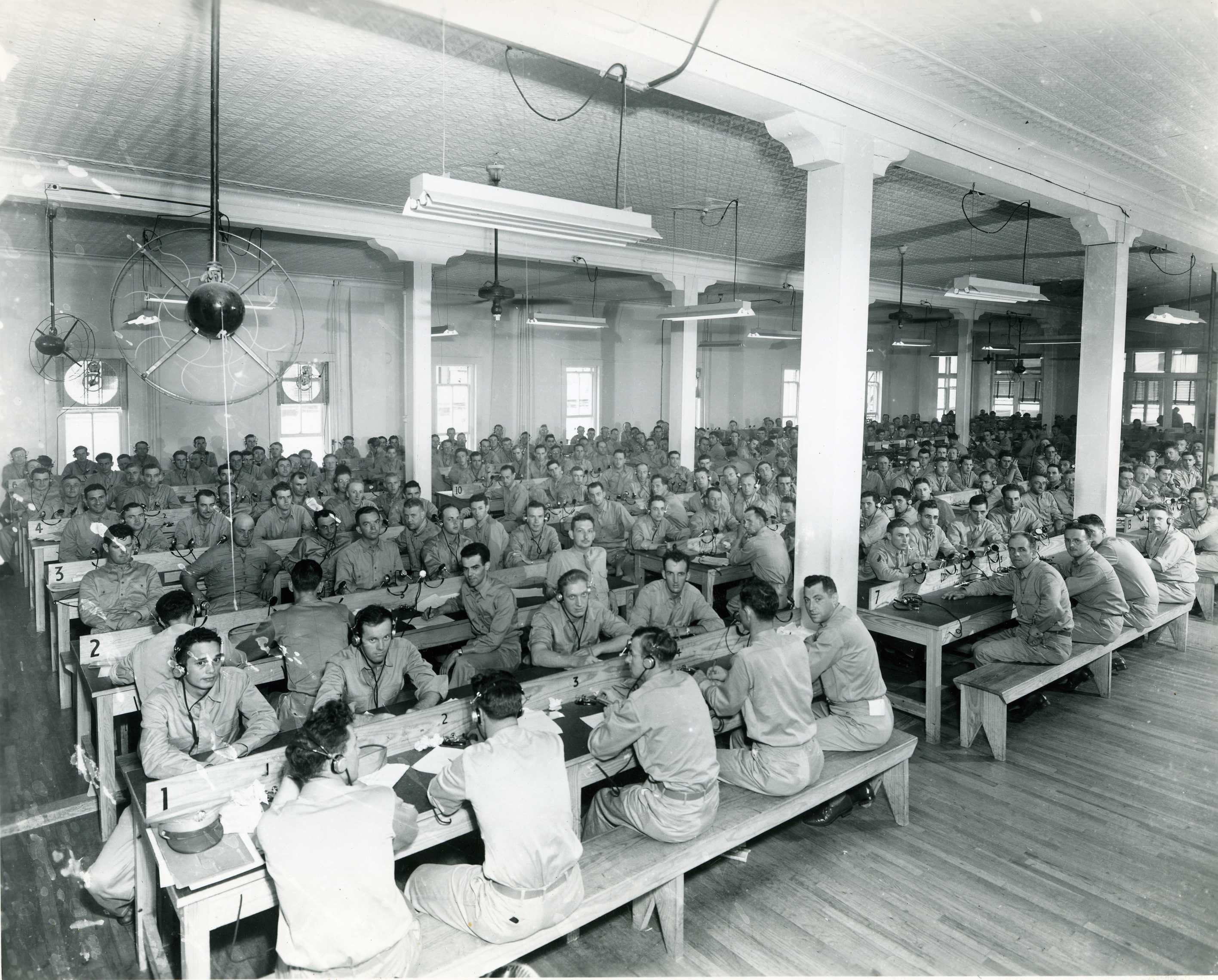.jpg) THE RISE AND FALL OF TYLER COMMERCIAL COLLEGE
THE RISE AND FALL OF TYLER COMMERCIAL COLLEGE
Part III - Curriculum
When one discusses the qualities of a fine institution of higher learning, it's hard to determine which is more important; a "who's who" of educators or a wide range of courses of study designed to prepare students for an evolving job market. Tyler Commercial College had the best of both components. Last month, I "introduced" you to some of the faculty, people who at the time were recognized leaders in their fields. This month, we'll take a look at some of the courses the school offered and what made them special.
In 1920, one of several advertisements claimed Tyler Commercial College was the "Largest Business Training School in America" boasting 3,965 enrollments in the prior year. That same ad claimed to have taught 30,000 students from thirty-nine different states and seven foreign countries in skills such as Bookkeeping, Shorthand, Typewriting, Business Administration and Finance, Cotton Classing and Telegraphy.
Other ads repeated those claims, and most of them promoted the school as "The Fountain-Head of Shorthand. And why not? At least 4 shorthand "systems" were in vogue in the 1920s; Graham, Pitman, Byrne, and Gregg, but Tyler Commercial College focused on the Byrne system (next to last column in the almost discernible chart shown below) since it was being taught by its very own originator.
Special subjects of the 1920 catalogue included Salesmanship, Advertising, Parliamentary Law, Real Estate and Insurance, Show Card Lettering, Station Work (part of the Railroad Telegraphy course,) and Air Brush Work and Designing.
In 1924, the school offered courses in Radio Telegraphy and Radio Telephony. Telegraphy had been one of the leading courses for years utilizing wire plant for message transmission with the graduates going (on to careers) with railroads as station Agents - Telegraphers, or with either Western Union Telegraph Company or Postal Telegraph Company[1]. Classes were large and filled to the rafters.
Demonstrating the school's determination to be at the forefront of technology, it began advertising on WFAA radio in Fort Worth, one of only four broadcasting stations in all of Texas. Within two years, TCC had founded a school of radio. This resulted in a transition of training operators for telegraphy to those trained for radio. Many a marine operator, affectionately known as "Sparks" in the fledgling profession, received all of their training in radio operations at Tyler's TCC.
Cotton was King in the south in the 1920s, and TCC was quick to capitalize on the developing industry by offering courses in Cotton Classing. The course took about 3-1/2 months to complete. A College catalog from the mid 1920s described the course as follows: "In the South, the man who links his future with cotton - either as a planter, grader, buyer or broker - need have no worries about his future. Fortunes are made every year by men who have taken the pains to study cotton - men who can quickly and unerringly detect the seemingly slight differences in various samples which may make a great deal of difference in their work …"
Typewriting, shorthand (4 versions,) Radio Telephony and Radio Telegraphy, Cotton Classing, Salesmanship, and other disciplines noted above; state of the art physical facilities (Part I;) and a singularly superior assembly of well qualified faculty (Part II,) contributed to what was the pride of tiny Tyler, Texas in the early 1900s.
Next month, we'll conclude the series with some anecdotal notes and a look at what Tyler Commercial College meant, economically and socially, to Tyler.



